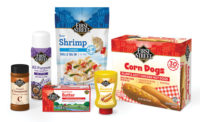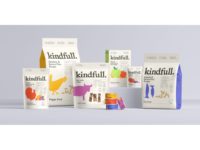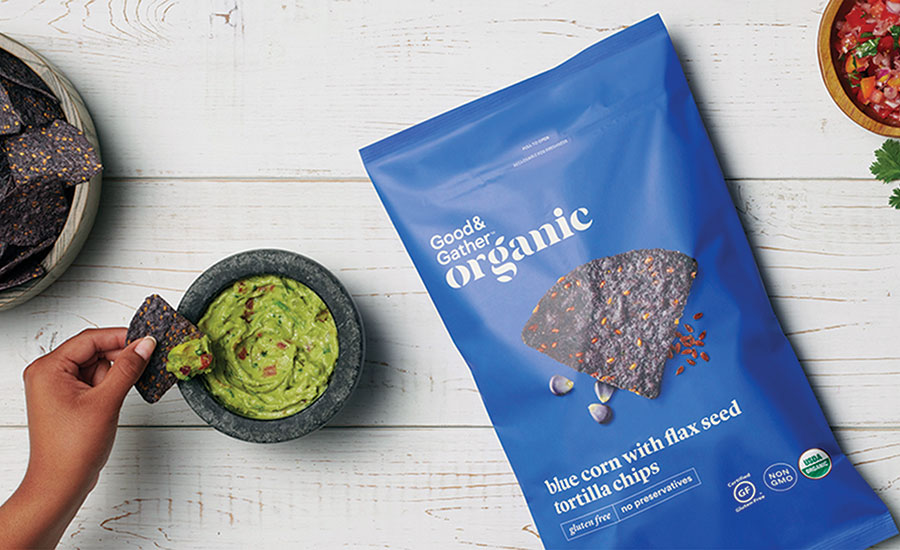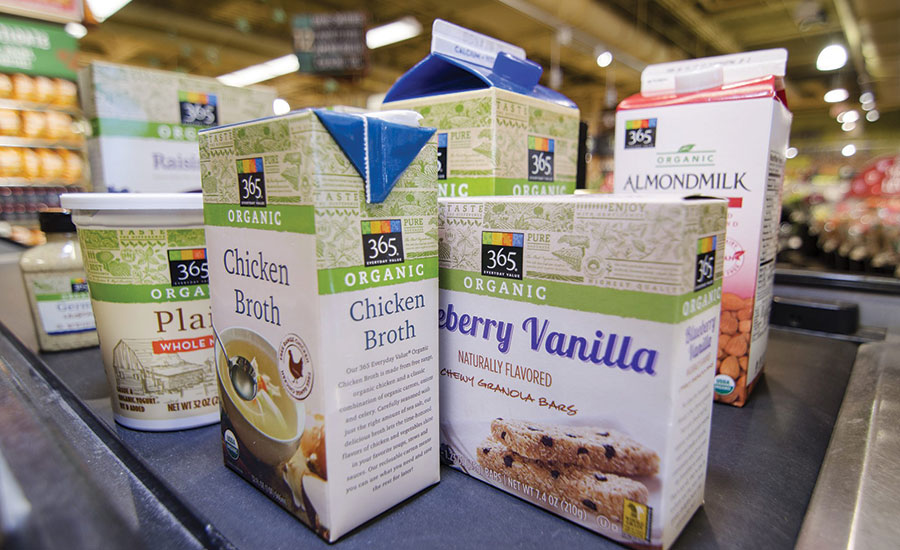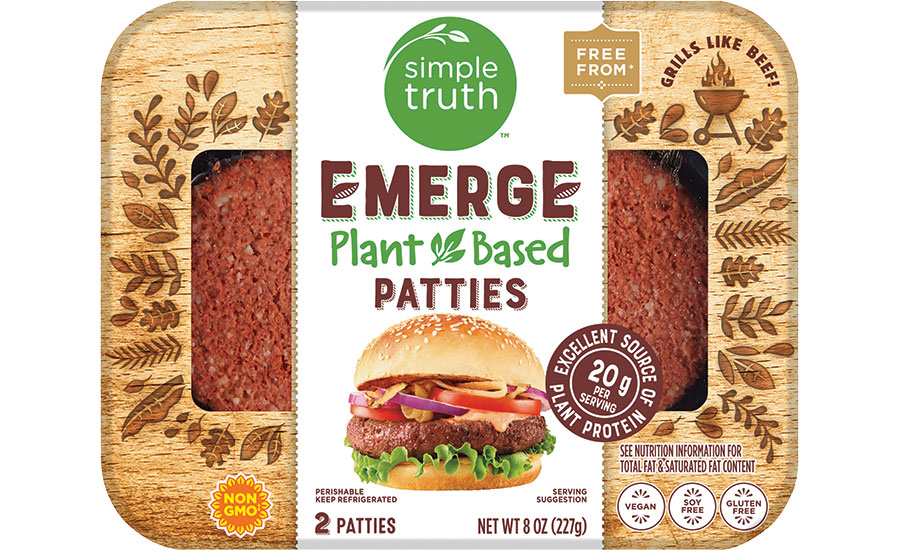Brand Packaging: Private Label Brands
Private Label Brand Boom Post-COVID
The pandemic has shifted consumer shopping and spending behaviors and put private brands in an ideal position to grow.








Private labels made up 16% of the market before the pandemic, up two percentage points since 2014, according to market research firm IRI. Since the start of the pandemic in the U.S., private-brand sales grew 29%, outpacing regular-branded product sales, which grew by 24%, according to the most recent data from Nielsen. During the crisis, around a quarter of consumers have tried private label brands for the first time, according to a survey of more than 1,000 consumers in late March by research firm AlixPartners. At least 30% of consumers who tried new private label products during the crisis plan to stick with them, Alix found.
Part of the reason private brands are thriving is that shoppers were forced to try store products — like toilet paper — when their preferred brands were sold out. Another factor is the lower price point of retailers’ private-label products.
Big box retailers like Walmart, Target, Kroger and Amazon have been expanding their private label brands in recent years. Kroger’s Simple Truth organic food line is now a $2 billion brand, and Target’s recently launched food and beverage brand, Good & Gather, is projected to be the best selling store line.
According to the most recent study from Daymon, “5 Keys to Private Brand,” private brands are predicted to experience continued growth. To ensure growth, store brands can implement the following five key action areas to position and differentiate their private label brands to build on the momentum.
- Prioritize Innovation: Private brands must continue to focus on addressing consumer trends that were present before the pandemic. Consumer interest in plant-based products or healthy snacking, for example, has not weighed national brands will continue to drive innovation in these categories. In private brand product innovation, there are great opportunities for a retailer to differentiate its banner offering as well as drive store choice.
- Lead Ecommerce: Private brands typically have not been well represented online and often get lost in digital format. Retailers should take advantage of this new online shopping behavior and put private brands at the forefront of the digital solutions. Ensure private brands are optimized in digital searches. Also, private brands should be used as suggestions for substitutions for out-of-stock items if shoppers have national brands in their carts.
- Deliver Inspiration: Even as businesses reopen, consumers are likely to continue a home-based lifestyle and will be looking for guidance on ways to celebrate holidays, birthdays and dinner parties at home in smaller groups. This provides retailers with an opportunity to elevate their private brand programs from delivering the basics to driving inspiration.
- Enhance Solutions: Retailers can create an entirely new private brand solution and/or repackage existing products and sell them together. By using existing center-store products for a private brand program and pairing it with a fresh protein vegetable and dessert option, retailers can offer a completely new meal kit.
- Educate on Benefits: Price is still a key benefit for private brands. Retailers that provide target coupons for products in categories that consumers are already purchasing or adjacent categories is one way to drive repeated private brand purchase as well as trial.
Private brands already are well-positioned for continued success in the new normal and focusing on any of these five areas will cultivate deeper loyalty and higher sales.
For more insights and recommendations for driving your private brand business, contact Daymon | https://www.daymon.com/
Looking for a reprint of this article?
From high-res PDFs to custom plaques, order your copy today!




